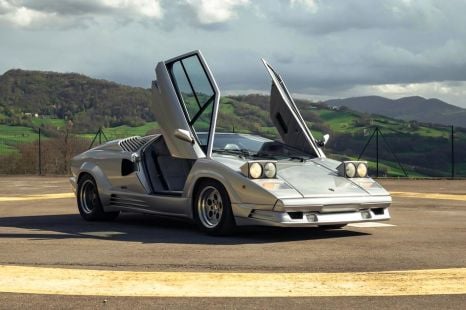

Anthony Crawford
1990 Lamborghini Countach review
6 Days Ago

Marketplace Journalist
Following closely in the footsteps of other European manufacturers, Volvo has become the latest brand to soften its electric vehicle (EV) ambitions amidst declining demand.
Volvo first announced its plans to offer an EV-only lineup by 2030 four years ago, when then-CEO Hakan Samuelsson said the brand was committed and ready to transition to EVs ahead of upcoming European internal combustion sales bans, due to come into force by 2035.
However, the company is reportedly now considering updating its SPA1 platform –which supports mild- and plug-in hybrid versions of its XC90 and XC60 SUVs – suggesting it could be focusing more heavily on hybrids than EVs in the coming years.
According to Automotive News Europe, Volvo CEO Jim Rowan said in a recent quarterly investor webcast he’s a “huge believer in electrical propulsion”, which he called a better technology than the internal combustion engine.
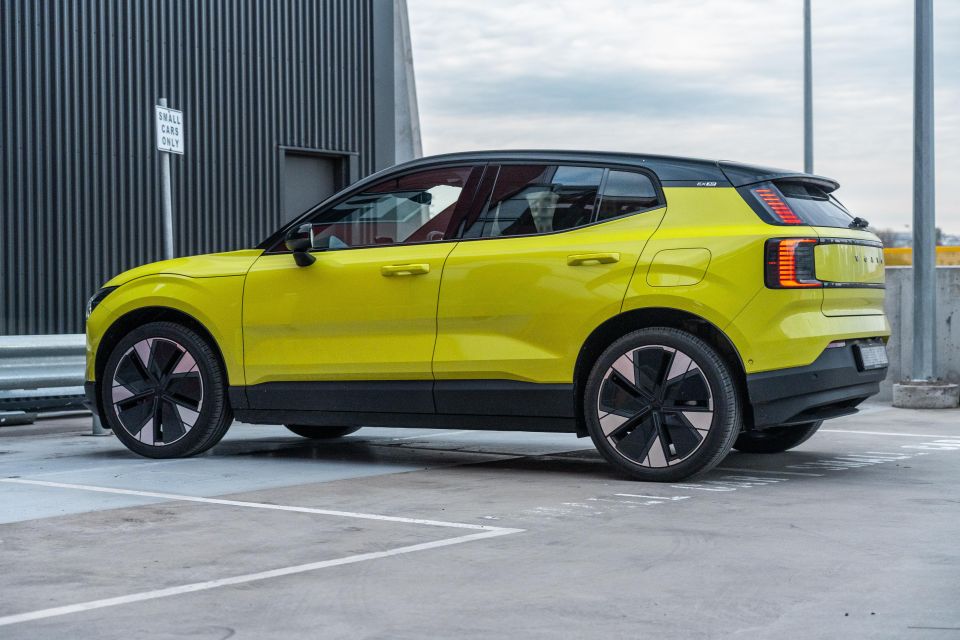
Mr Rowan acknowledged it would “take time to bridge different parts of the world for full electrification”, and maintained Volvo would continue to invest in their plug-in and mild-hybrid technology amidst strong popularity.
After announcing its plans to switch to an EV-only lineup, Volvo introduced its first all-electric model in the form of the XC40 Recharge, which arrived here in late 2021.
It has also added the electric C40, EX30, and EX90 to its ranks, while also continuing to produce the related Polestar 2 under its fellow Geely-owned brand.
Even with the expanded model range, Automotive News Europe reports Volvo dealers in the United States expect to be selling petrol-powered hybrid cars well into the 2030s, with investment expected to continue in its hybrid technology.
Volvo is just the latest in a series of brands electing to keep their internal combustion cars around longer than anticipated.
Audi, Porsche, and Ford announced this week they’d be shifting focus away from an EV-only lineup, while Mercedes-Benz delayed its EV target earlier this year.
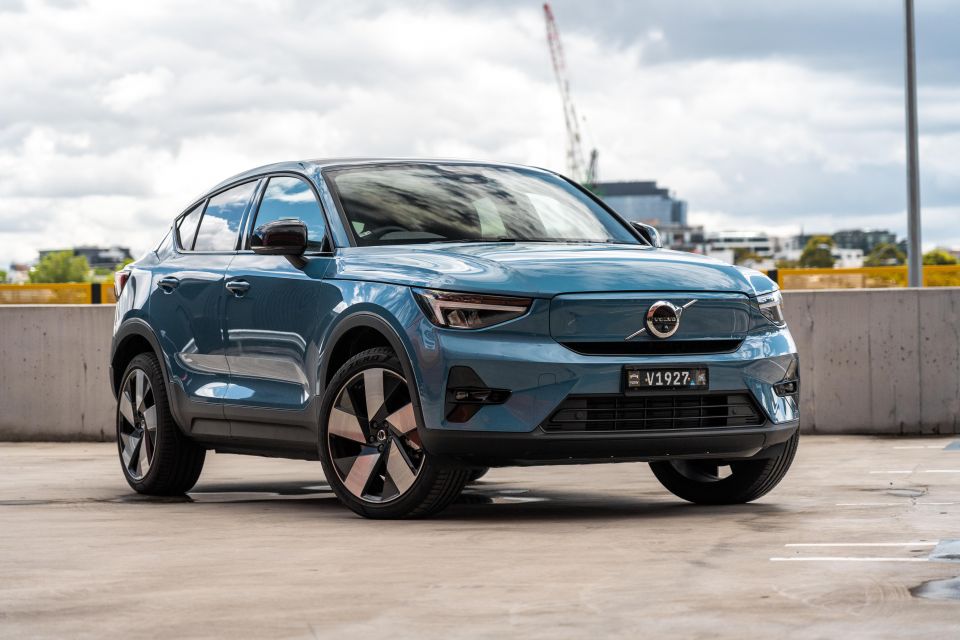
Additionally, Volvo will stop disclosing critical information, like the gross margins it makes for its different drivetrains, from the third quarter.
As more full-electric models are launched by Volvo, the brand will be “more secretive with that competitive, sensitive information,” Mr Rowan told Automotive News Europe.
Volvo started sharing the gross margins generated by its EVs and its cars with internal combustion engines (ICEs) in 2022.
“We decided to be transparent with the market and show that we could get to a comparable margin. Even in a small car like the EX30 we felt we could get to between 15 and 20 per cent gross margin,” Mr Rowan said. “We’ve done that. We’ve proved the point.”
In the second quarter, the gross margin on Volvo’s full-electric cars reached its highest level ever of 20 per cent, compared with a margin of 2.6 per cent during the same period last year.
The gross margin on its internal combustion models was 23 per cent, up from 21 per cent during the second quarter of 2023.
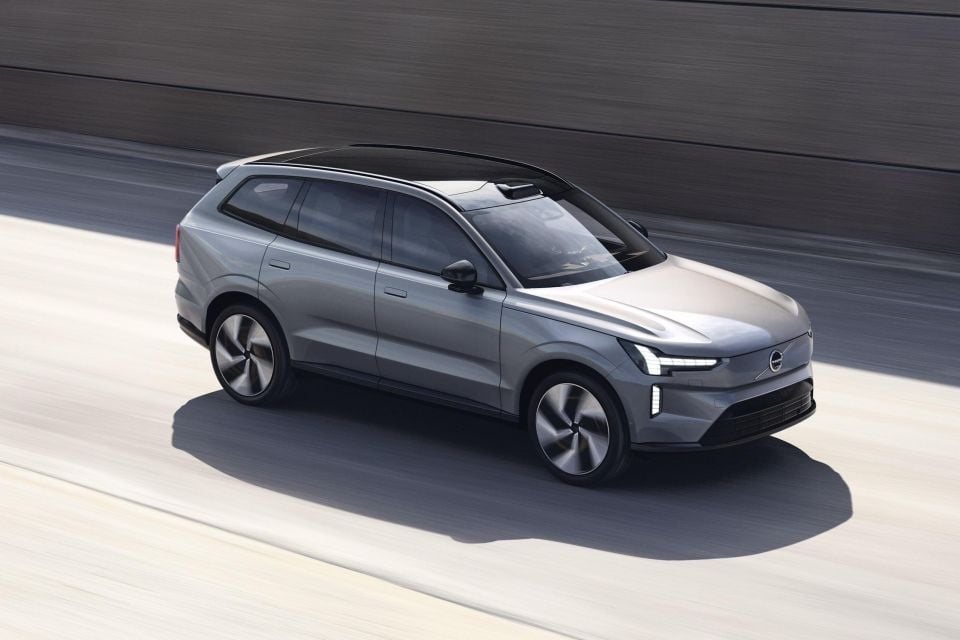
Automotive News Europe reports the arrival of the EX30 drove profits, which went on sale in Europe in January and is already the region’s third best-selling EV after the Tesla Model Y and Model 3.
“The issue now is that we are bringing out more and more EVs and our competitors can start to triangulate that information,” Rowan told Automotive News Europe. “Now it’s the time for us to take another tack.”
Volvo will reportedly continue to break down its EV and internal combustion sales figures, which is something other brands including BMW, Mercedes-Benz, and Audi also do.
MORE: Everything Volvo MORE: Volvo Australia planning to be electric-only by 2026 MORE: Mercedes-Benz walks back electric car sales expectations MORE: Porsche weakens its EV goal as demand cools MORE: Audi softens EV goals, shifts focus to hybrids
Where expert car reviews meet expert car buying – CarExpert gives you trusted advice, personalised service and real savings on your next new car.
Max Davies is an automotive journalist based in Melbourne, Australia. Max studied journalism at La Trobe University and stepped into the automotive world after graduating in late 2023. He grew up in regional Victoria, and with a passion for everything motorsport is a fan of Fernando Alonso.


Anthony Crawford
6 Days Ago


Matt Campbell
5 Days Ago


James Wong
4 Days Ago


Max Davies
2 Days Ago
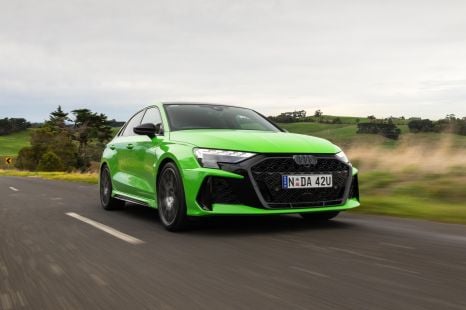

Josh Nevett
1 Day Ago
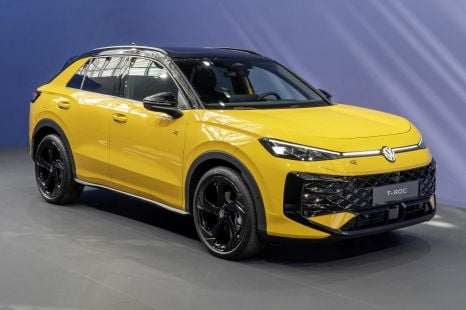

Derek Fung
14 Hours Ago